Top five youngest men's singles champions at French Open
The French Open is widely regarded as the ultimate test of a tennis player’s prowess on clay. The courts of Roland Garros demand not only technical skill but also relentless intensity, tactical patience, and exceptional endurance to prevail in long, grueling rallies. Unlike the faster hard courts of other Grand Slams, success in Paris hinges on a player’s ability to outlast and outmaneuver their opponent over extended matches.
While some players spend years refining their game to meet these demands, a select few have managed to conquer the clay at a remarkably young age.
With that in mind, let’s take a look at the five youngest men’s singles champions in French Open history.
5. Gustavo Kuerten (20 years, 8 months, 16 days)
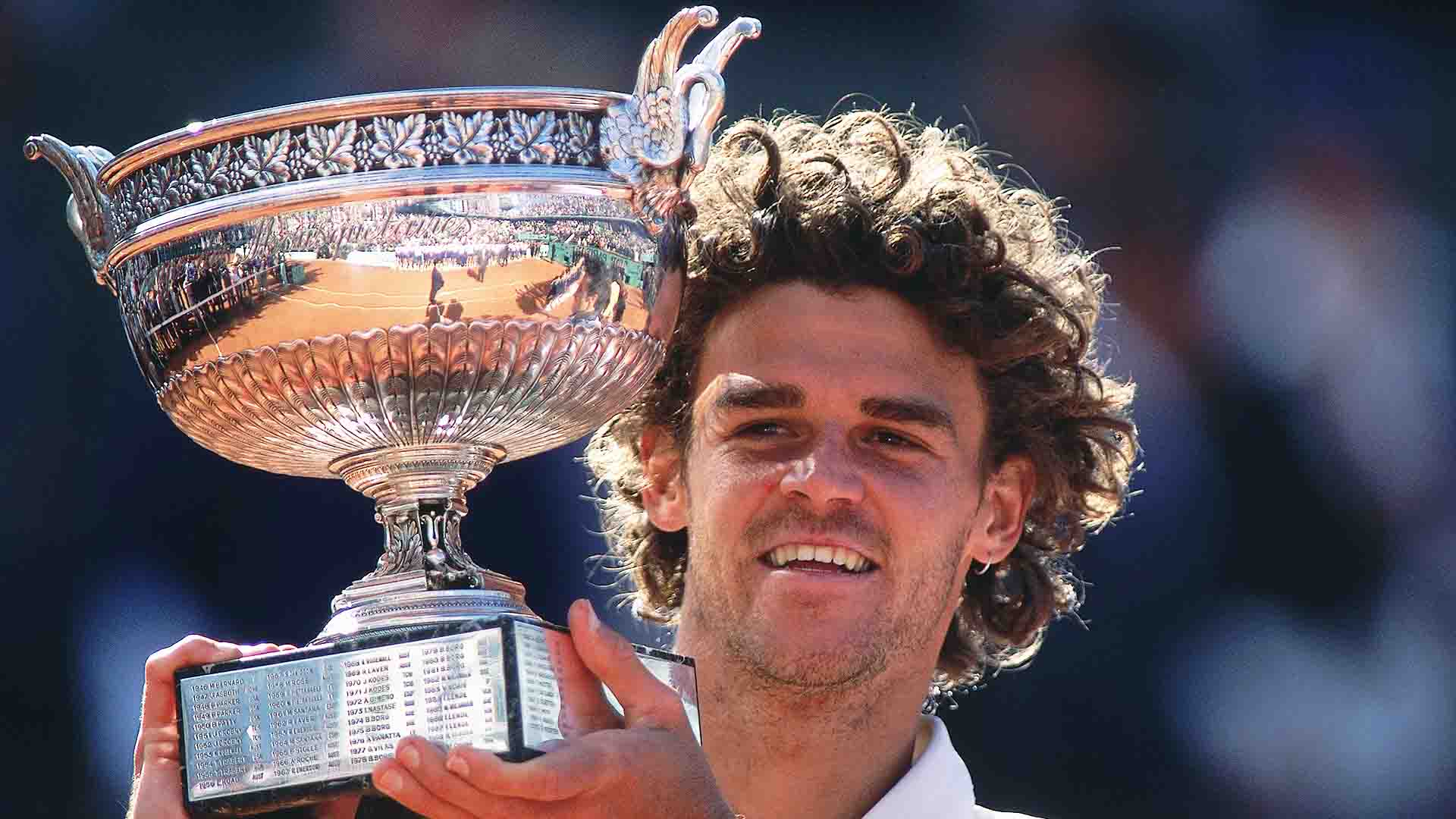
In 1997, Gustavo Kuerten—ranked No. 66 in the world and unseeded—shocked the tennis world with a fairy-tale run at Roland Garros. The Brazilian upstart took down former champions Yevgeny Kafelnikov and Thomas Muster before dominating Sergi Bruguera in the final, 6–3, 6–4, 6–2.
It was not only Kuerten’s first Grand Slam title, but also his first ATP-level trophy, making him the lowest-ranked man ever to win the French Open. His electrifying baseline game and infectious charisma ignited a tennis boom in Brazil, and he would go on to claim two more French Open titles in 2000 and 2001, solidifying his legacy on the Parisian clay.
4. Rafael Nadal (19 years, 2 days)
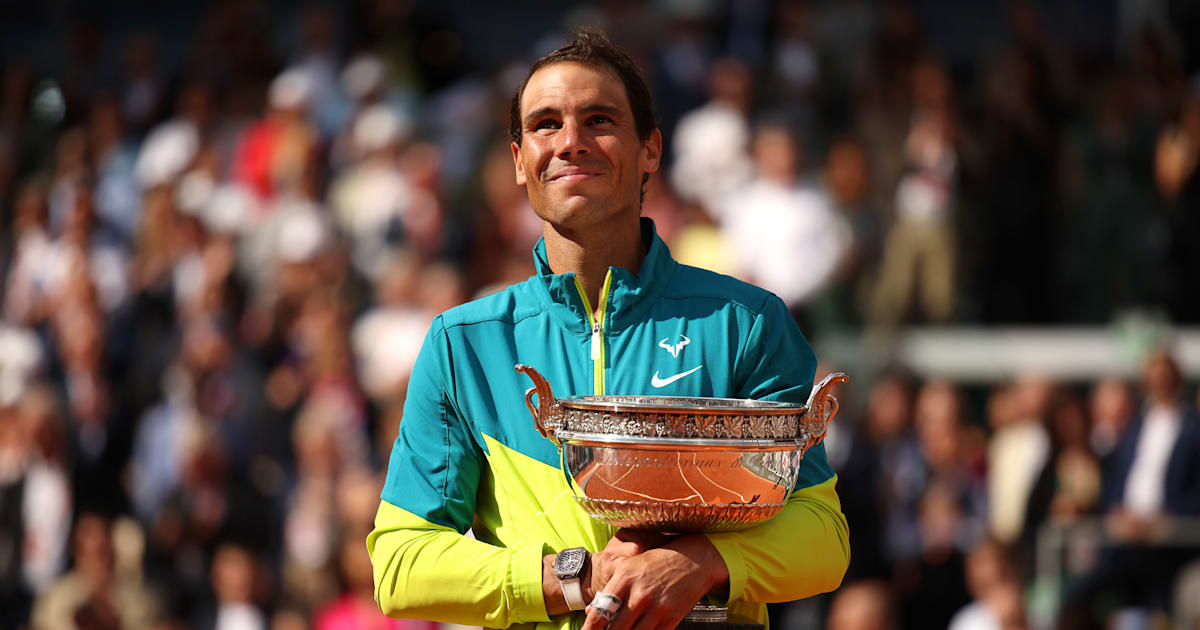
Rafael Nadal won his first French Open title in 2005, just two days after turning 19. In the final, he defeated Mariano Puerta in four sets, launching what would become one of the most remarkable careers in tennis history. The victory marked the beginning of Nadal's legendary dominance on clay, earning him the title “King of Clay.”
Over the years, Nadal amassed an unprecedented 14 French Open titles. One of his most significant triumphs came in a semifinal clash against World No. 1 Roger Federer—a match that symbolized the shifting balance of power in men's tennis. From that point on, Nadal became the most feared competitor on clay courts, setting a standard few could match.
3. Bjorn Borg (18 years, 10 days)
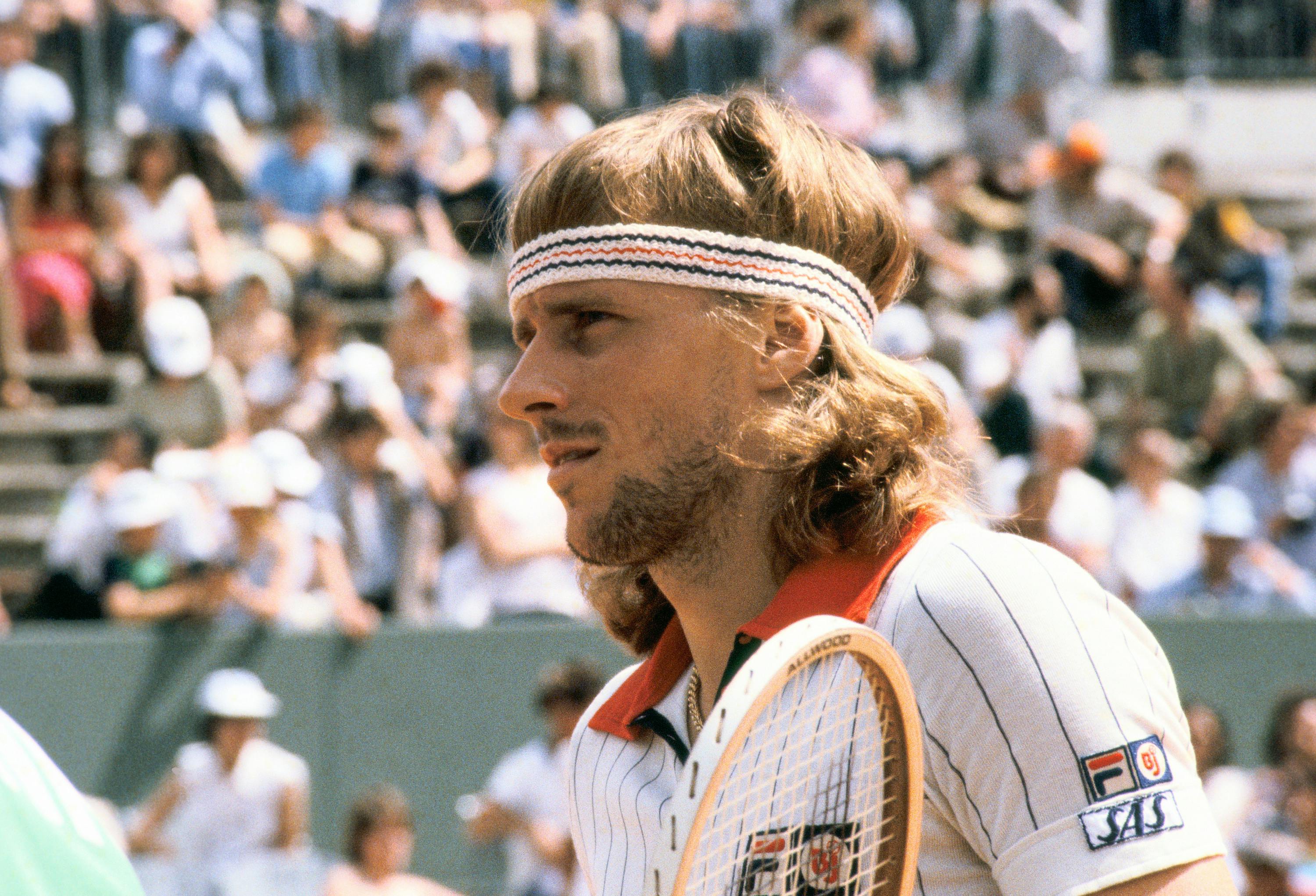
Björn Borg, one of Sweden’s tennis greats, won his first French Open in 1974 when he was just 18 years old. In the final, he pulled off an incredible comeback—he was down two sets but turned the match around and lost only two games in the last three sets to beat Manuel Orantes.
That win was just the start. Borg went on to dominate the French Open, winning it six times (1974, 1975, 1978, 1979, 1980, and 1981). At the time, no one had done that before, and it helped turn him into a global tennis superstar.
2. Mats Wilander (17 years, 9 months, 2 days)
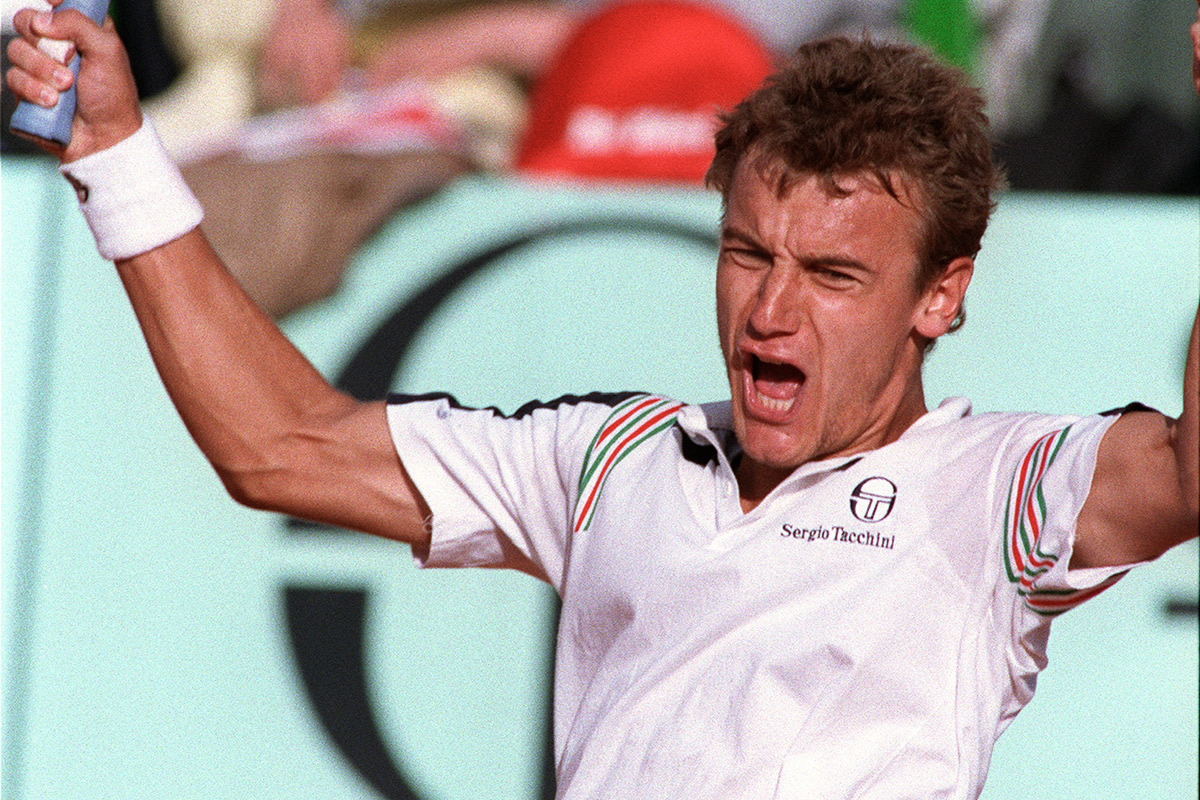
At just 17 years, 9 months, and 2 days old, Mats Wilander shocked the tennis world by winning the 1982 French Open — his very first ATP title. The Swedish teenager displayed remarkable poise and maturity, defeating legends like Vitas Gerulaitis and Ivan Lendl on his way to the final. In a stunning four-set victory, he overpowered clay-court specialist Guillermo Vilas to claim the title.
Wilander's triumph marked the beginning of a stellar career, as he would go on to win three French Open crowns (1982, 1985, 1988) and seven Grand Slam singles titles in total.
1. Michael Chang (17 years, 3 months, 20 days)
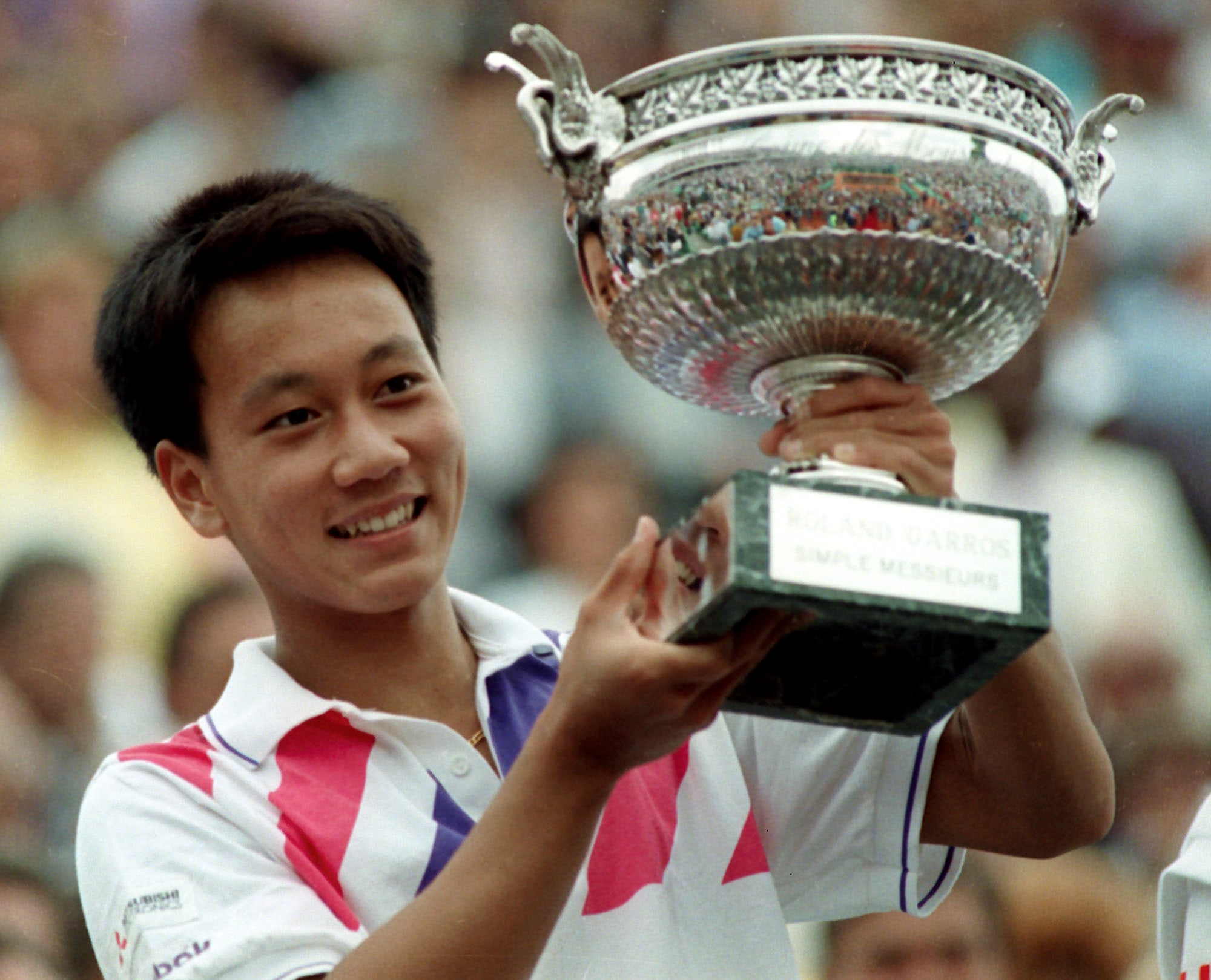
Michael Chang became the youngest men’s singles champion in French Open history when he won the title in 1989—just 17 years, 3 months, and 20 days old. His run to the trophy is one of the sport’s most memorable underdog stories.
In a dramatic fourth-round match, Chang came back from two sets down to defeat world No. 1 Ivan Lendl. Battling severe leg cramps, he resorted to tactics like an underhand serve and sheer determination to outlast the favorite.
He went on to beat Stefan Edberg in a thrilling five-set final to claim his first—and only—Grand Slam title. Though Chang never won another major, he reached the French Open final again in 1995 and remains a lasting symbol of grit and belief for underdogs everywhere.
Cover Credits - Sports Illustrated


.png)


Leave a Reply